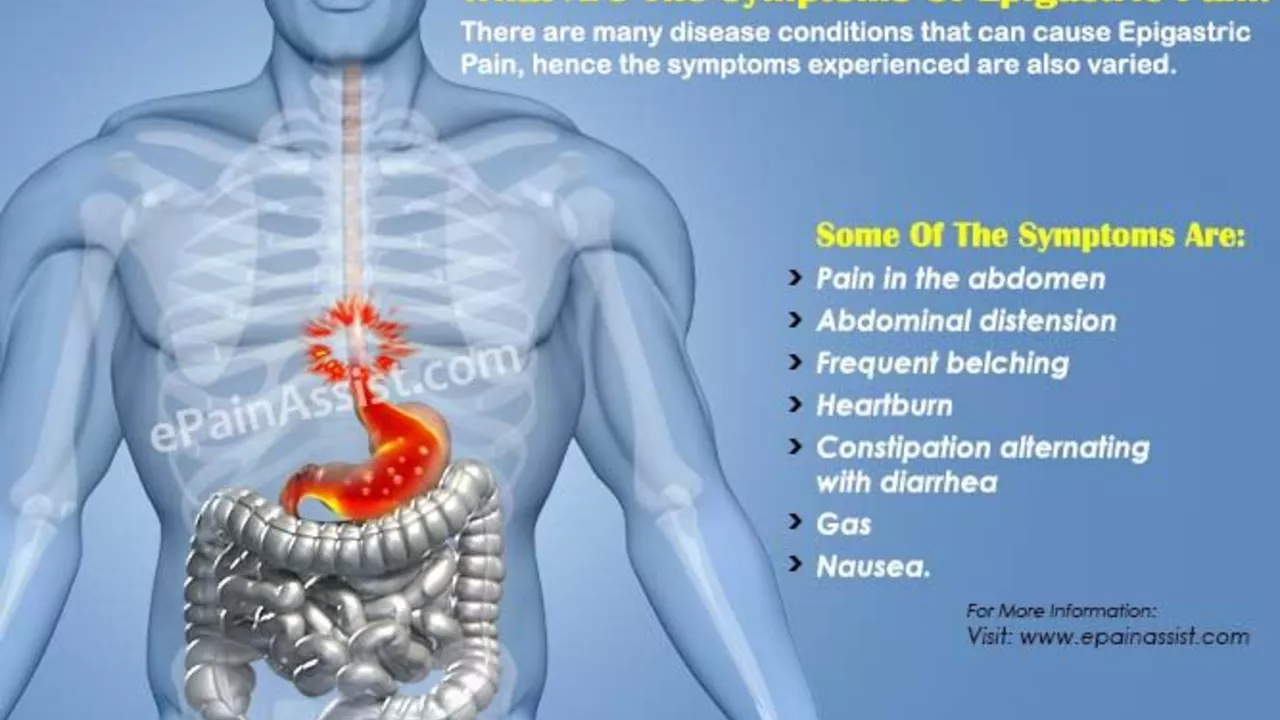Health Tips: Simple Actions for Better Daily Health
Small changes add up fast. Pick one habit and build on it this week. Focus on sleep, medication safety, hydration, and movement — these four move the needle for most people.
Daily habits that help
Sleep matters. Aim for 7 to 8 hours and keep a regular wake time. If asthma or night sweats wake you, try breathable bedding and cool water before bed. Move a little every day. Ten minutes of walking twice is better than an hour once a week. Hydrate regularly. Carry a bottle and sip, not gulp. Eat protein at breakfast to steady blood sugar and reduce mid-morning cravings.
Manage stress with quick tools. Try deep breaths for two minutes, stretch, or step outside for sunlight. Those three moves calm cortisol and often cut cravings. If mood or thinking feels off after taking a pain killer or other drug, mention it to your doctor — some medicines affect mood and cognition.
Smart medication and safety tips
Always use the lowest effective dose your doctor recommends. Keep a current medication list and share it at every visit. Watch for drug interactions — over-the-counter and supplements matter. For online purchases, choose pharmacies with clear contact info, real reviews, and valid prescriptions. Avoid sites that offer controlled meds without a prescription.
Know common side effects for drugs you take. For example, some blood pressure combos can change kidney function over time; certain anticonvulsants cause cognitive fog or weight changes. If a new symptom starts after a med, contact your provider before stopping abruptly. For seniors, check kidney dosing and fall risk with every new prescription.
Prevent infections with basic moves. Wash hands, stay up to date on vaccines, and drink extra fluids during hot weather or illness. For urinary tract health: pee after sex, wipe front to back, and drink water. If you suspect an infection, see a clinician rather than guessing antibiotics — the right drug depends on the bug.
Practical checks at home save trouble. Keep an easy-to-read pill schedule in the kitchen. Store meds away from heat and humidity. Discard expired pills and secure anything that could be misused. Use alarms or pill boxes if you miss doses often.
Talk openly with your healthcare team. Ask why a medication was chosen, what to expect, and when to call. If a treatment affects fertility, weight, or mood, bring that up — there are usually alternatives. Consider second opinions for major changes like switching seizure or migraine meds.
Small, consistent steps beat dramatic "fixes." Pick two tips from this page, use them for a month, and track how you feel. Swap habits that don't work and keep what helps. Health is built one practical habit at a time.
If you need help picking a doctor or pharmacy, ask for recommendations from support groups, your pharmacist, or your local clinic. Use reviews and check credentials. Small checks prevent big problems later. Save emergency contacts and allergy info on your phone today.

Epigastric Pain and Acid Reflux: Tips for Managing Symptoms
Haig Sandavol Aug 1 14Belly battles are no fun, mate! Epigastric pain and acid reflux, the dynamic duo of discomfort, often go hand in hand. But don't panic, I've got some handy tips to help you fight back. From dietary changes to lifestyle modifications, there are several tactics you can employ to keep these pesky problems in check. So, sit tight, as we dive into the world of managing these fiery foes, promising a smoother journey down your food pipe!
More Detail